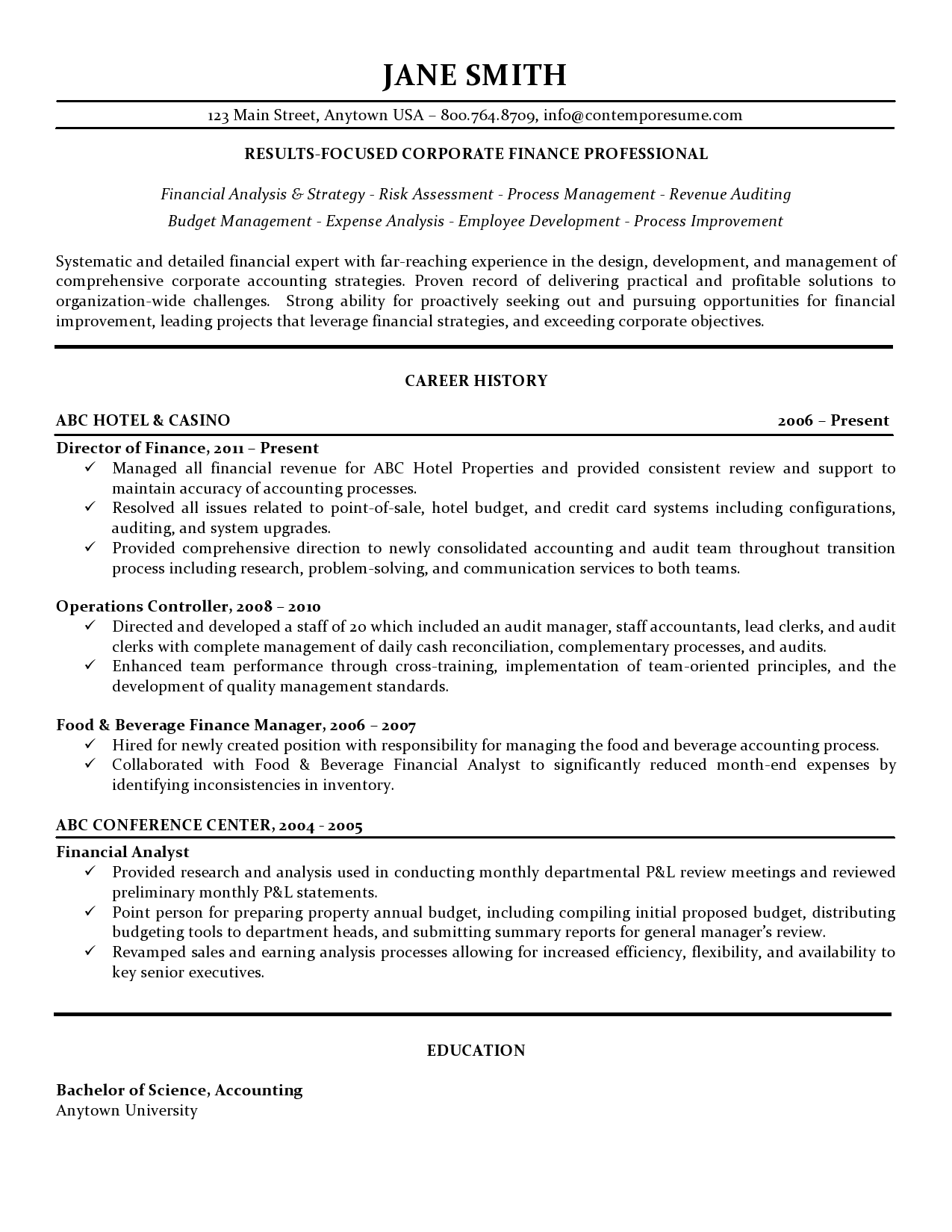" I would recommend that, if possible, don't place pressure on yourself to be profitable immediately because some kinds of service, such as blogging, are a long game. In general, my advice is to do your best, respond to feedback from your audience, and pivot your content or item appropriately." This post was originally published on.
Although all of us use our bank accounts daily, the majority of us might not understand how banks really work. With checking accounts that pay you interest and totally free ATM services, how do banks generate income? Well, you better think banks are a company and earnings is their top priority. Let's enter into it! Basically, banks do not turn a profit till they have your cash, so drawing in and maintaining customers is key for banking organizations.
Like any business, banks have expenses and profits streams that they strategically take advantage of in order to grow. Banks are understood for charging penalties or repeating fees to account holders, but the primary way they generate income is through loans. Below are the primary ways in which banks make cash. When you deposit your cash in a checking account, the bank uses that money to make loans to other individuals and organizations to whom they charge interest - how much money can you make as a finance major.
Nevertheless, they collect more interest on the loans they issue to aside from the amount of interest they pay to account holders like you. This, in turn, earns them a profit. For instance, your standard monitoring account may make you 1% monthly, however the bank is using those funds (pooled together with many other accounts') to issue home mortgages at 4%, student loans at 12%, and credit cards at 20%.
Huge banks can earn more than $50 billion each year on interest alone and similar quantities on other services and products. By providing you cents monthly, the banking organization is making millions. Another method banks make money is through routine or case-by-case charges. These might include: which are usually credited your account monthly just for being open.
How Much Money Do You Actually Make In A Finance Internship Things To Know Before You Get This
for not using your account often enough. Be sure to check out this before opening an account you prepare to rarely use. when you spend more than you have in your account. You can avoid these by remaining on top of your budget. from savings accounts, which have monthly caps mandated by the federal government.
if you decide not to receive online declarations. Going paperless is more eco-friendly, easier to track, and effective anyhow, so certainly consider this alternative. for lost or taken debit cards. if you use particular ATMs beyond your bank's network. if you deposit somebody else's bad check, even if you do so unconsciously.
While swiping your debit or credit card is typically complimentary to you, a deal or processing cost called interchange is normally produced. This fee is charged by your bank to the merchant's bank (merchant being the shop where you made the purchase) as a portion of your deal. The merchant's bank then subtracts this cost and their own processing cost, from the cost of your purchase.
At the same time, the banking parties involved generate income from charges that the coffee bar needs to pay. This is why sometimes you'll see minimum purchase requirements in specific shops, as these charges can include up quickly. Similar to any other business, banks likewise have their share of costs they need to pay to keep things running.

These costs consist of standard operational spending like employee salaries and advantages, equipment and IT, rent, taxes, and professional services like marketing. On the other hand, banks also have "interest expenses," which are the cost of interest on loans they secure, similar to you pay when you take out a loan.
What Does Which Positions Make The Most Money In Finance Do?
When you deposit cash in your checking account, you're paying an "chance cost". This means, instead of investing that cash yourself, you're permitting the bank to make a profit using your cash. In exchange, you'll get a safe location to store your money and you'll earn a really little interest portion.
Once you do this, you can identify just how much to put in the bank and how much to invest somewhere else. Here are some essential things to search for in a bank. The first thing you should search for in a bank is that it's guaranteed by the FDIC. If it is, that indicates you're covered for losses of at least $250,000 if the bank fails.
Assess whether the charges apply to you, if the fees deserve it in exchange for any benefits, and if there's a way to waive or prevent the charges. Consider this: An $8 monthly maintenance charge throughout 5 years is nearly $500. If you believe that $500 might be much better invested or invested, make your choices accordingly (how to use google finance to simulate how much money you make).
You're not restricted to the closest or best-known bank. While it may work to ask around, do your own research since https://blogfreely.net/galairv5nt/record-keeping-reporting-registration-and-all-other-areas-of-compliance-have many individuals select a bank out of convenience, instead of digging into all the aspects at play. There are numerous alternatives that each have their own advantages and disadvantages.
While their consumer service may have extended hours, it might likewise be less individual since of the volume of clients they deal with day-to-day. You are a lot more likely to have account fees with these bigger banks. These community-focused banks may do more to return and stimulate the local economy - how to make money in finance.
How How Much Money Can You Make In Corporate Finance can Save You Time, Stress, and Money.
Their services may be limited compared to their larger competitors, and if you take a trip frequently, you may miss the convenience of far-reaching areas. Very similar to local banks in service, credit unions have a not-for-profit structure and are owned by the customers. (Standard banks are investor-owned.) This implies you end up being a partial owner when you open a cooperative credit union account and deposit money.
However, these smaller institutions have less reach than the big names in banking. Having actually dumped the brick-and-mortar, online banks operate totally on the webthis is both a professional and con depending on your relationship with innovation. Online banking is often totally free and may even pay greater interest rates on accounts than conventional banks.
Some big banks do use online banking, so this may be a hybrid option for you. Fortunately is, there are lots of options out there to help you manage your money. The difficult part is determining which is the finest fit. Don't be afraid to shop around before dedicating.
" Make your cash work for you" is such common individual financing recommendations that it verges on being clich. However what does it actually indicate? And more significantly, how can you do it?There's no easy answer or a single way to do it. In reality, practically everyone can discover at least one way to put their cash to work.
